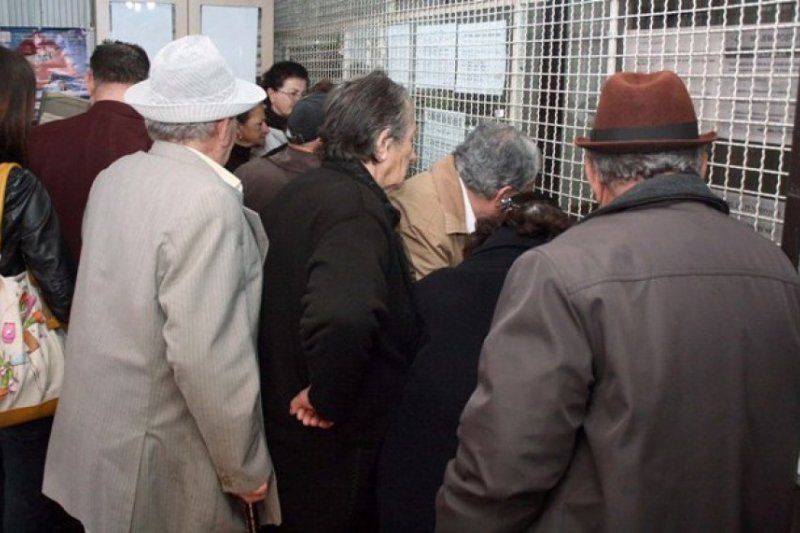Pension in Cities Decreased for 1st Time in Two Decades
The average pension in the city in 2020 decreased for the first time since 2000 when official data exist. The average urban pension amount reached ALL 15,732 during the last year from ALL 16,2543 that was in 2019 according to official data from the Social Insurance Institute. The decrease in value was 3.2 percent, but taking into account the effects of inflation, the real decrease was even greater by about 4.8 percent.
The average pension in the village reached ALL 9295 with an increase of 1.4 percent compared to 2019, but calculating the effects of average inflation (1.6% in 2020) real pensions in the village have decreased by 0.2 percent in 2020. Experts explain that the reduction of pensions is being driven by the retirement of generations who have spent a large part of their working years during the transition period. Since a large part of them have worked illegally, have not worked at all or have paid less insurance they do not meet the conditions for maximum benefits of old-age pensions.
The transition belt risks aging into poverty because the average pension measure, instead of increasing, is returning to declining. This trend of pension performance is expected to plunge into poverty a large part of the population which consists of pensioners. Their number is growing from year to year because now the birth boom in the years 1950-60 is retiring. From 2010-2020 the beneficiaries in the pension scheme increased by 22%, but in the meantime, the payments for a pensioner have started to decrease.
During the last year, there are 665,863 pension beneficiaries throughout the country from 651,539 thousand that were in 2019 with an increase of 2.2%. Of these, 440.000 were old-age pensions. The aging population is rapidly increasing the number of pensioners in the country and consequently, the need for additional funding to the pension fund.
As the benefits to Albanian pensioners have declined, the state social security scheme has been exacerbated by the Covid-19 pandemic. Revenues from contributions decreased by 1.6% in 2020 and expenditures increased by 1.5%, as a result of which the deficit of the scheme deepened and the subsidy from the state budget increased.
The financing of the state budget in the insurance scheme reached ALL 29 billion with an increase of over 14% compared to 2019.
(Source: Monitor)













